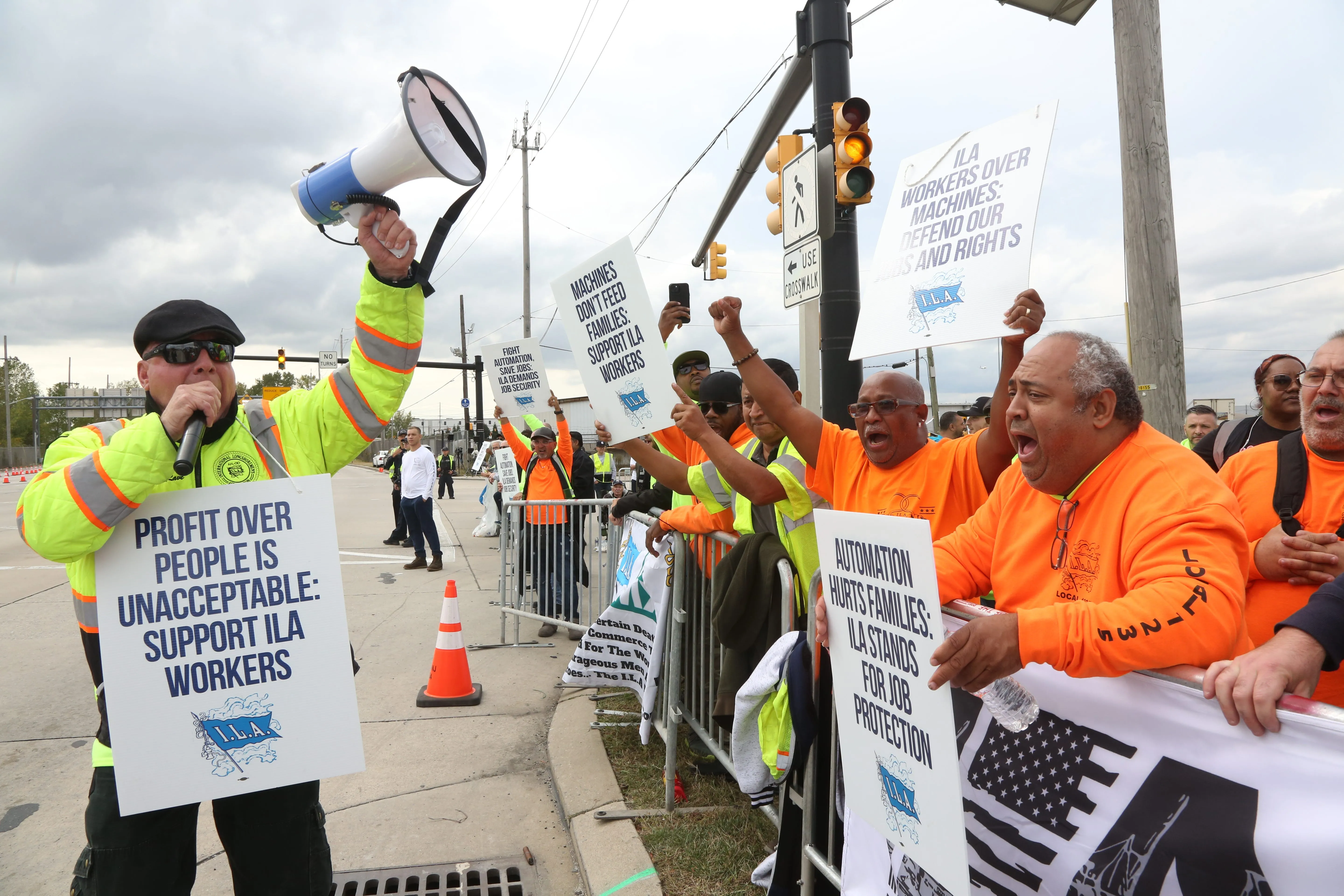Ports and Waterways: Understanding the Longshoremen Strike Impact

Ports and Waterways Under Strain
The recent longshoremen strike has stirred the maritime transport sector, signaling a potential shift in labor dynamics. For the first time in nearly 50 years, dockworkers on the East and Gulf coasts went on strike Tuesday, demanding better conditions and fair treatment. As a result, major U.S. ports are facing unprecedented disruption, with impacts on trade and local economies.
Labor Strikes and Their Significance
This strike is reminiscent of the last significant labor strife in 1977, which lasted for 45 days. The convergence of labor issues and political decisions under the Biden administration raises questions about the future of maritime operations.
- The strike's demand: Improved working conditions and fair compensation.
- Current impact: Major disruptions at key ports, affecting supply chains.
As the labor movement gains momentum, we await government responses and potential negotiations that could shape the landscape of maritime work moving forward.
This article was prepared using information from open sources in accordance with the principles of Ethical Policy. The editorial team is not responsible for absolute accuracy, as it relies on data from the sources referenced.